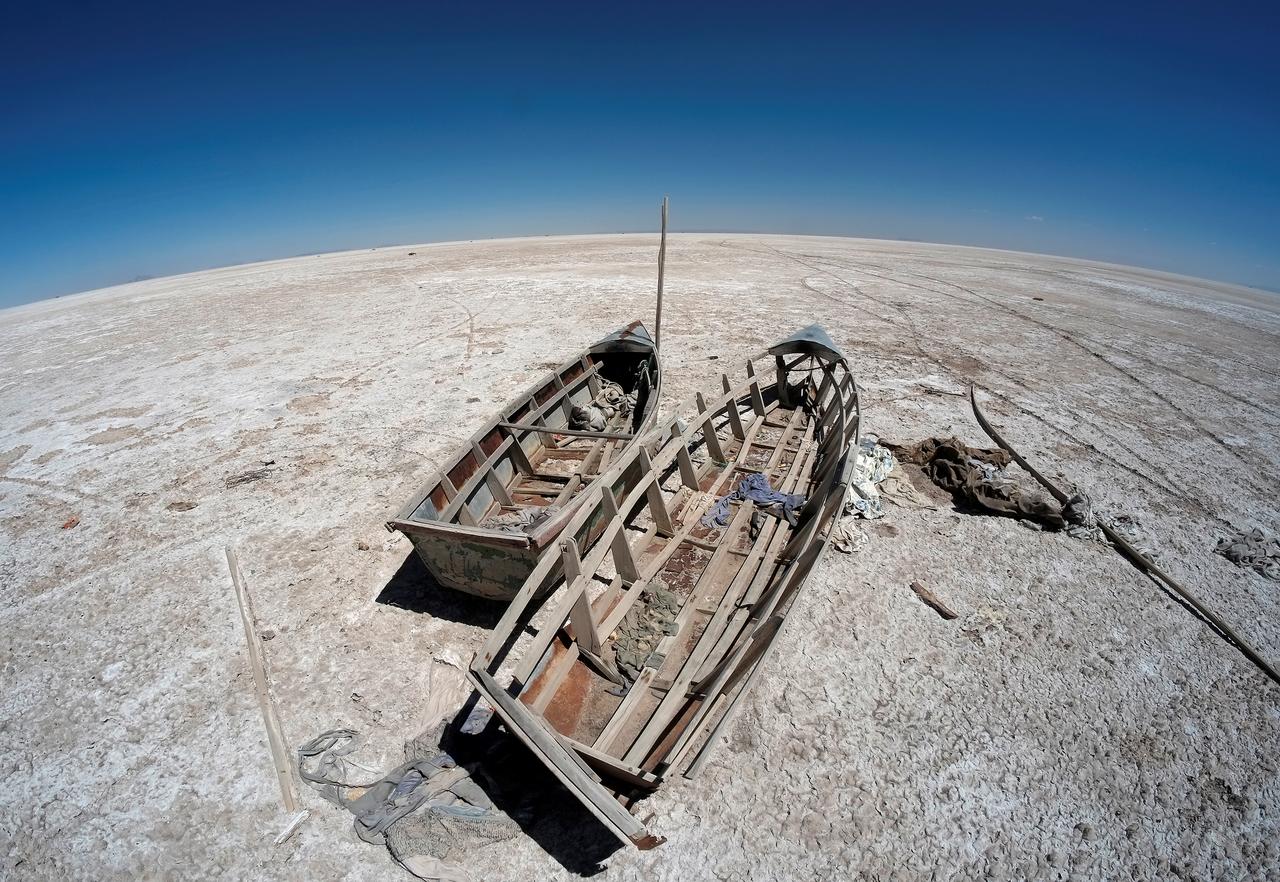
The Earth’s average surface temperature has in fact gone up 1 degree Celsius since the late 19th century and is on track to warm another 2 or 3 degrees by this century’s end unless carbon emissions are drastically reduced. Scientists say carbon dioxide and global warming are closely linked and that natural forces cannot account for the changes taking place today. Emissions from just 15 of the largest economies (including the European Union, US, China, and India) are more than 90% of the total and they are continuing to rise.
The Paris Agreement of 2015 called for limiting global warming “well below” 2 degree Celsius and pursuing 1.5 degree Celsius if possible. But then US President Trump decided to withdraw from the global pact in 2017. Now we just don’t know what will happen if he is re-elected next year and pulls out of the agreement completely.
There is not much time left to act. Protestors are calling for global action in order to pressurise political leaders across the world to do more to curb their carbon emissions. On September 20, a global strike has been called by the 16-year-old Swedish climate activist and original climate striker, Greta Thunberg. More than 2,500 events are currently planned in 117 countries including the US. The youth organisers have mobilised adults to participate. There will be climate marches in Pakistan too in all the major cities on this day.
These global protests will precede the UN Climate Action Summit in New York City on September 23, which has been called by UN General-Secretary Antonio Guterres. World leaders, including Prime Minister Khan, will convene in New York from September 17 to 30 for the UNGA to discuss climate action as one of the key priorities in the upcoming year.
While Pakistan, a signatory to the Paris Agreement, can do all it can at international forums to pressurise big emitters to reduce their carbon emissions, it needs to start preparing at home for the gathering climate storm.
A new report by the Global Commission on Adaptation (GCA) says that all countries, rich or poor, must adapt now or pay an even heavier price later. It calls upon governments and businesses to take urgent action to implement climate adaptation solutions in light of the new research.
Even countries like the US are preparing for a warmer future as stronger hurricanes threaten their coasts. Their National Oceanic and Atmospheric Administration use weather forecast stations and high tech modeling to ensure they are ready to respond to tornadoes, hurricanes, and floods. They say they are “building a weather-ready nation”.
Pakistan needs to do much more on adaptation. We still don’t have proper early warning systems in place. In fact, one of the most urgent actions recommended by the GCA report is setting up early-warning systems of impending disasters. We also need to develop crops that can withstand droughts and ramp up mangrove restoration to protect our coastline, which is other recommendations. Another good suggestion is painting the roofs of homes white to reduce heat-wave temperatures. It is surely in our self-interest to invest in adaptation.
Published in The Express Tribune, September 18th, 2019.
Like Opinion & Editorial on Facebook, follow @ETOpEd on Twitter to receive all updates on all our daily pieces.












COMMENTS
Comments are moderated and generally will be posted if they are on-topic and not abusive.
For more information, please see our Comments FAQ